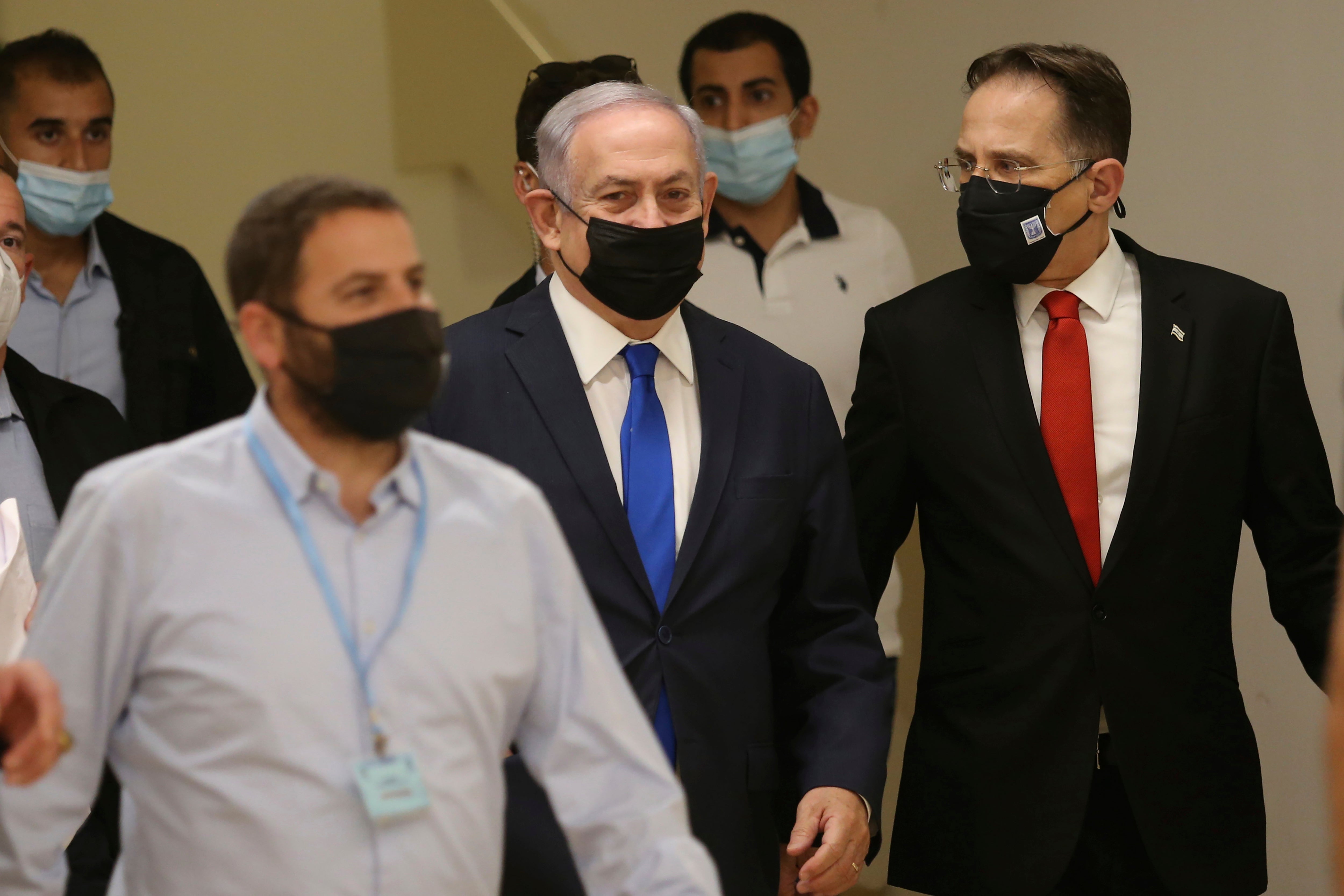Israeli parliament formally approves UAE normalization deal
Israel’s parliament has voted overwhelmingly in favor of formally ratifying the country’s historic agreement normalizing diplomatic relations with the United Arab Emirates

Your support helps us to tell the story
From reproductive rights to climate change to Big Tech, The Independent is on the ground when the story is developing. Whether it's investigating the financials of Elon Musk's pro-Trump PAC or producing our latest documentary, 'The A Word', which shines a light on the American women fighting for reproductive rights, we know how important it is to parse out the facts from the messaging.
At such a critical moment in US history, we need reporters on the ground. Your donation allows us to keep sending journalists to speak to both sides of the story.
The Independent is trusted by Americans across the entire political spectrum. And unlike many other quality news outlets, we choose not to lock Americans out of our reporting and analysis with paywalls. We believe quality journalism should be available to everyone, paid for by those who can afford it.
Your support makes all the difference.Israel’s parliament on Thursday voted overwhelmingly in favor of formally ratifying the country’s historic agreement normalizing diplomatic relations with the United Arab Emirates.
Israel and the UAE announced the U.S.-brokered agreement in August, and signed a deal in a White House ceremony last month. Thursday’s approval by the 120-seat Knesset or parliament, which passed in a 80-13 vote, was largely a formality.
The UAE has become just the third Arab country to establish official ties with Israel, after Egypt and Jordan, and the first to do so in a quarter century. Bahrain is also in the process of formalizing ties with Israel, and the White House has suggested that other Arab countries will follow suit.
The deals reflect a shift in the Middle East as Arab countries’ shared concerns with Israel about Iran outweigh their traditional support for the Palestinians
“Many Arab and Muslim countries want to get close to us,” Prime Minister Benjamin Netanyahu said in a speech. “They see our military and intelligence, technological and economic power. They are changing their attitude toward us.”
The Palestinians, who have long relied on unified Arab support to boost them against Israel, have condemned the deal and accused the UAE of betrayal.
The Joint List, the main Arab-dominated faction in parliament, cast the lone opposing votes Thursday in solidarity with their Palestinian brethren.
Ayman Odeh, chairman of the Joint List, said the only deal that would bring peace and prosperity to the region would be a peace agreement creating an independent Palestinian state alongside Israel.
“The deal being signed today is part of Trump’s dangerous vision that ... will perpetuate the military regime on millions of Palestinians, the settlements and the outposts," he wrote in a tweet before the vote.